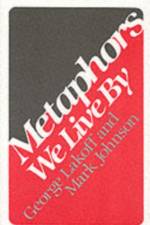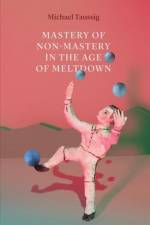- Behavior, Ecology, and Conservation
34,00 €
Wolves are some of the world's most charismatic and controversial animals, capturing the imaginations of their friends and foes alike. Highly intelligent and adaptable, they hunt and play together in close-knit packs, sometimes roaming over hundreds of square miles in search of food. Once teetering on the brink of extinction across much of the United States and Europe, wolves have made a tremendous comeback in recent years, thanks to legal protection, changing human attitudes, and efforts to reintroduce them to suitable habitats in North America. As wolf populations have rebounded, scientific studies of them have also flourished. But there hasn't been a systematic, comprehensive overview of wolf biology since 1970. In Wolves, many of the world's leading wolf experts provide state-of-the-art coverage of just about everything you could want to know about these fascinating creatures. Individual chapters cover wolf social ecology, behavior, communication, feeding habits and hunting techniques, population dynamics, physiology and pathology, molecular genetics, evolution and taxonomy, interactions with nonhuman animals such as bears and coyotes, reintroduction, interactions with humans, and conservation and recovery efforts. The book discusses both gray and red wolves in detail and includes information about wolves around the world, from the United States and Canada to Italy, Romania, Saudi Arabia, Israel, India, and Mongolia. Wolves is also extensively illustrated with black and white photos, line drawings, maps, and fifty color plates. Unrivalled in scope and comprehensiveness, Wolves will become the definitive resource on these extraordinary animals for scientists and amateurs alike.






























